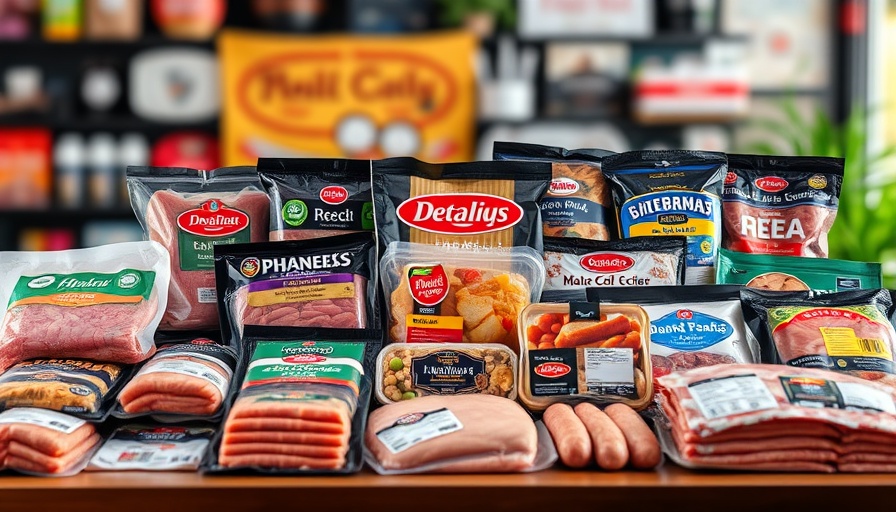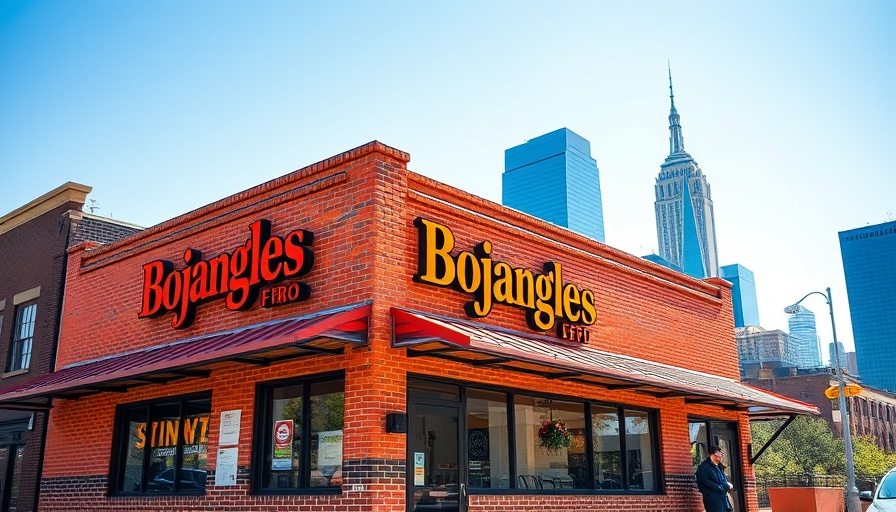
The Alarming Statistics of Meat Safety
Many shoppers in Charlotte, like elsewhere in the U.S., trust that the meat they purchase is free of harmful bacteria. However, new research reveals a troubling reality: approximately 36% of retail meat samples nationwide test positive for dangerous bacteria. This startling statistic puts South Carolina in a precarious position, ranking as the second worst state in the country for bacterial contamination in meat, according to a recent report from Trace One which analyzed data from the FDA’s National Antimicrobial Resistance Monitoring System (NARMS).
The Breakdown of Contamination Rates in South Carolina
In South Carolina, the statistics paint an especially concerning picture for consumers. Retail samples indicate that 27.8% of chicken, a staple in many local households, are infected with either Salmonella or Campylobacter. Ground turkey is not much better, with a contamination rate of 15.8%. The report also highlights that while ground beef shows a relatively lower rate of 0.5% for Salmonella, pork chops fare worse at 4.8%. This composite risk score of 67.85 for South Carolina signals a significant public health concern.
Why Does This Matter to Charlotte Residents?
For families in Charlotte and its suburbs, understanding the implications of these contamination rates is crucial. The health risks associated with bacterial contamination can be alarming. Foodborne illnesses often lead to severe health outcomes, particularly for vulnerable populations such as children and the elderly. As Charlotte is experiencing rapid growth, with its population now over a million, the need for heightened awareness about food safety becomes even more pressing.
Government Challenges and Our Responsibility
Considering that the FDA and USDA are facing severe budget cuts, efforts to regulate and combat these food safety risks may diminish. This could lead to more pathogens slipping through the cracks, risking public health further. Therefore, it becomes essential for consumers to take proactive steps—such as properly cooking meat, maintaining cleanliness in food preparation areas, and being informed about where their food comes from.
Raising Awareness About Food Safety
The statistics and insights from the report underscore the value of community engagement and awareness. Charlotte residents can take action by supporting local initiatives aimed at improving food safety standards. More awareness can lead to better health practices, and as engaged citizens, Charlotteans can demand greater accountability from both their food suppliers and government agencies.
How to Ensure Your Family’s Meat is Safe
As consumers, there are several simple yet effective best practices that families can adopt to safeguard their meals. Ensuring that meat is cooked to the appropriate temperature, keeping raw meat separate from other foods, and thoroughly washing hands and surfaces after handling meat can significantly reduce the likelihood of foodborne illnesses. Additionally, opting for meat from local farmers or trusted sources can help to minimize risks.
Conclusion: Taking Action in Charlotte
With South Carolina’s alarming ranking for meat contamination, awareness, and action are crucial for the health of our community. Not only should residents prioritize food safety at home, but they can also advocate for better standards and transparency from local food suppliers. Taking these steps can help ensure that our families are not at risk and pave the way toward safer eating habits across Charlotte.
 Add Row
Add Row  Add
Add 




 Add Row
Add Row  Add
Add 

Write A Comment